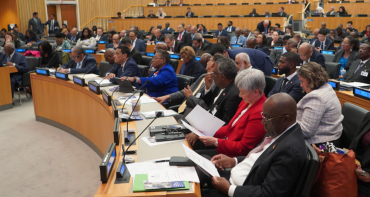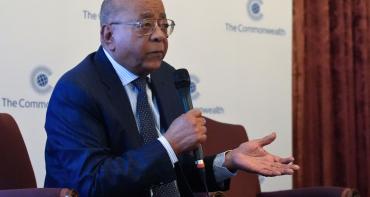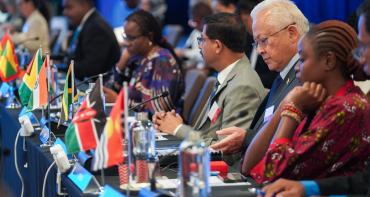Heads of Anti-Corruption Agencies (ACAs) across Commonwealth Africa have strengthened their institutional capacity following recent training by the Commonwealth Secretariat. In collaboration with the Financial Crimes Commission of Mauritius, the Secretariat delivered vital training to ACAs in Port Louis.
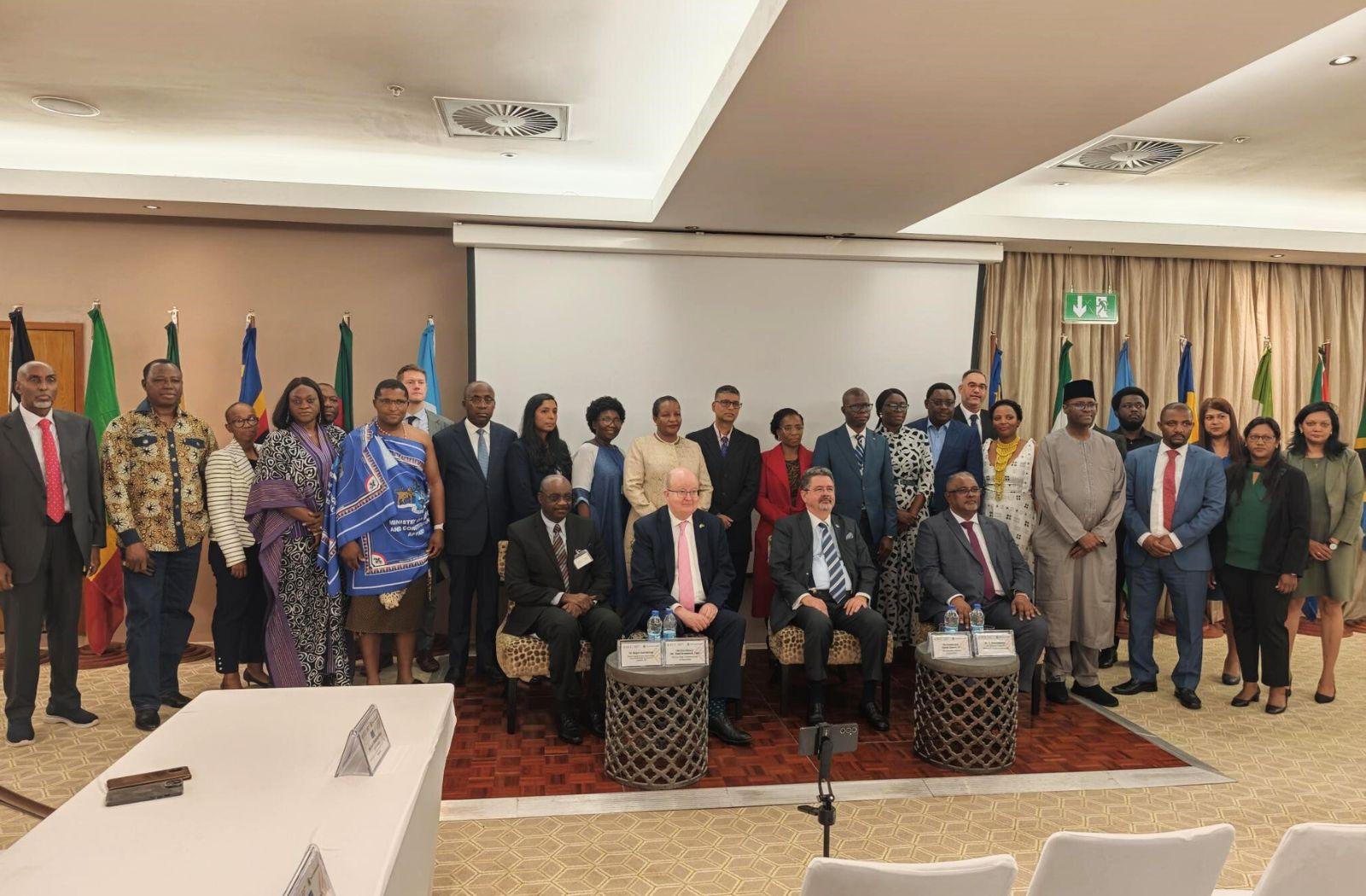
The training was developed in response to a request for support from agency leaders at the 15th Commonwealth Regional Conference of Heads of Anti-Corruption Agencies in Africa earlier this year. With more than 80% of heads of ACAs in Commonwealth Africa having been recently appointed, delegates had previously emphasised the urgent need to strengthen the leadership and managerial capacities of agency heads to ensure effective governance of their institutions.
While anti-corruption agencies across Africa have made significant progress, there is still much more to be done to meet the evolving challenges and practices. The Secretariat’s training in Mauritius delivered best-in-class knowledge and practical tools to enhance strategic leadership, strengthen institutional oversight, and build sustainable organisational capacity.
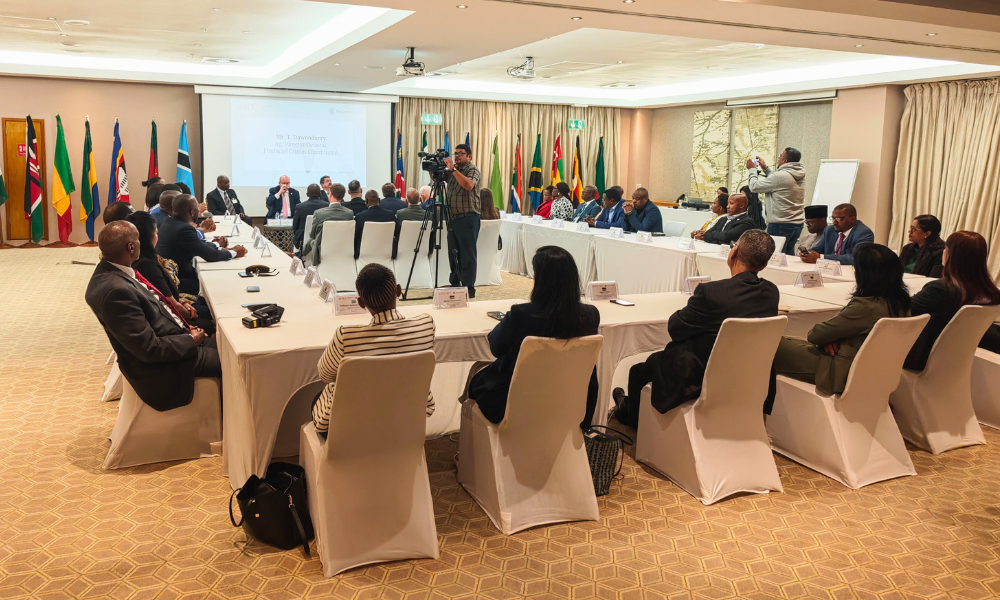
Strengthening progress across Africa
In his speech, the Attorney General of Mauritius, the Hon Gavin Glover, emphasised that the fight against corruption defends democracy itself. He highlighted reforms reversing the Financial Crimes Commission’s prosecutorial powers to restore independence of the Director of Public Prosecutions, while promoting collaboration through joint investigations and plans for a new Mauritius National Crime Agency.
The Attorney-General underlined that laws and institutions succeed only when guided by integrity, courage, and ethical leadership. Quoting the Commonwealth Secretariat’s Head of Public Sector Governance, Dr Roger Koranteng, he stressed that corruption is rooted in leadership failure and urged cooperation across Africa.
The Acting Director-General of the Financial Crimes Commission in Mauritius, Titrudeo Dawoodarry, also communicated the need for unity in combating corruption, particularly in relation to increasingly complex, borderless financial crimes. He urged leaders to embrace transparency, adaptability, and innovation, cautioning against ineffective practices with the ‘Dead Horse Theory’ – following the same practices even if they fail to deliver the intended results.
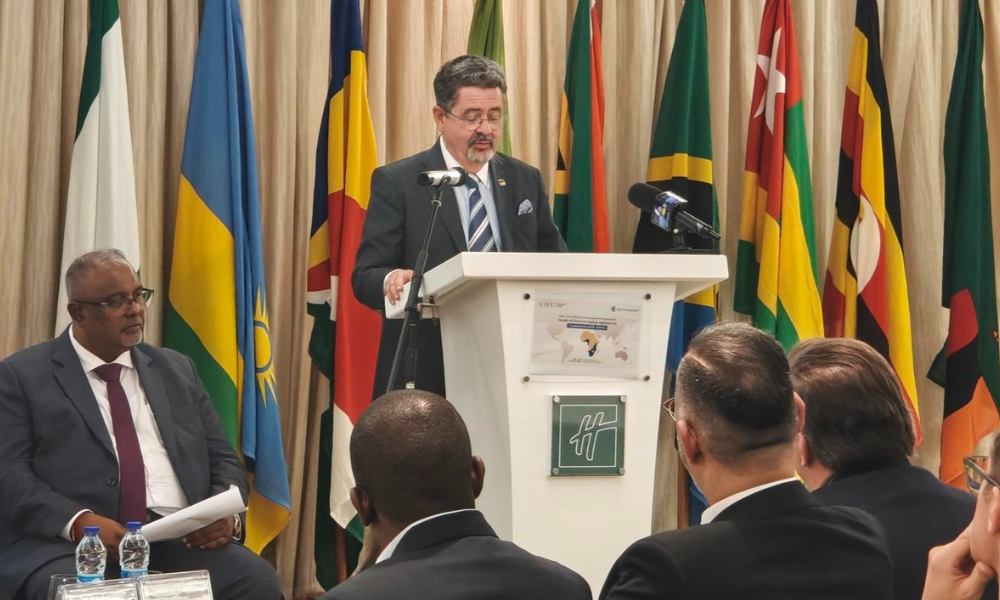
A united front against corruption
In his opening address, Dr Roger Koranteng praised Mauritius for its governance but stressed the urgent need for developing countries to strengthen leadership and management to overcome increasingly sophisticated corruption practices. Dr Koranteng said:
“As developing countries continue to combat corruption, it is prudent to acknowledge that our challenges are quite significant, as corrupt practices have become far more sophisticated in our technologically-driven world. It is even more important now, more than ever, that Institutions fighting corruption are kept abreast with current and effective skills and knowledge to effectively lead and manage their resources for the fight against corruption.
“The Commonwealth Secretariat views increased access to learning and development opportunities for Heads of ACAs as critical to creating a more agile, resilient, and responsive Anti-Corruption Institutions.”
He also urged participants to use the training as a turning point, returning as stronger leaders and movement-builders, committed to integrity as the foundation of justice, prosperity, and peace.
The training was delivered through the Commonwealth’s Professional Action Learning Programme model, which emphasises the practical application of skills and knowledge.
Expected outcomes include improved institutional capacity, more transparent and accountable governance, and strengthened delivery on Sustainable Development Goal 16: building effective, accountable and inclusive institutions at all levels.
With the Commonwealth’s support, agencies will be able to move away from these outdated practices to make their institutions more agile and relevant, especially in the face of today’s escalating challenges.
Learn more about our work to tackle corruption
Media contact
-
Ben Maloney Senior Communications Officer, Communications Division, Commonwealth Secretariat

